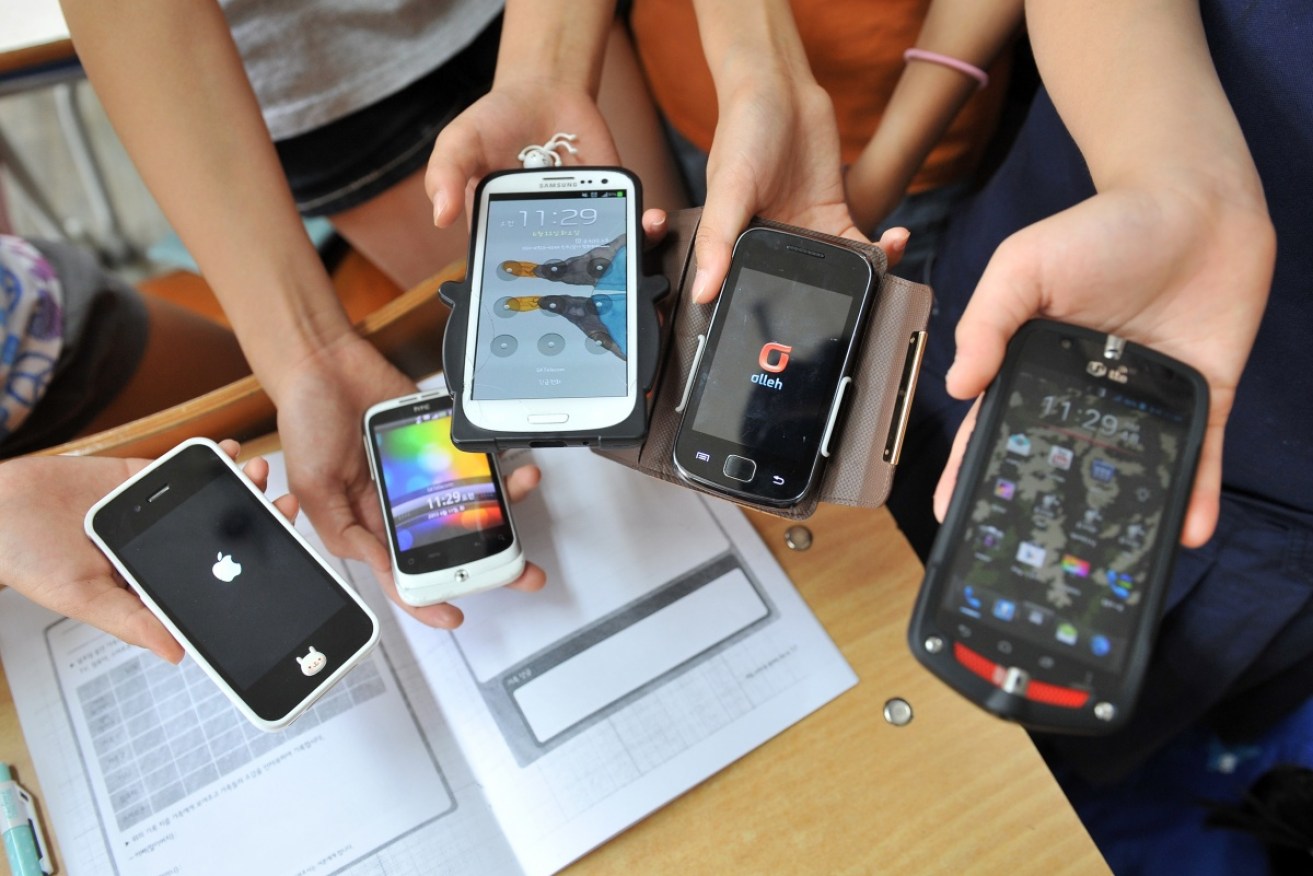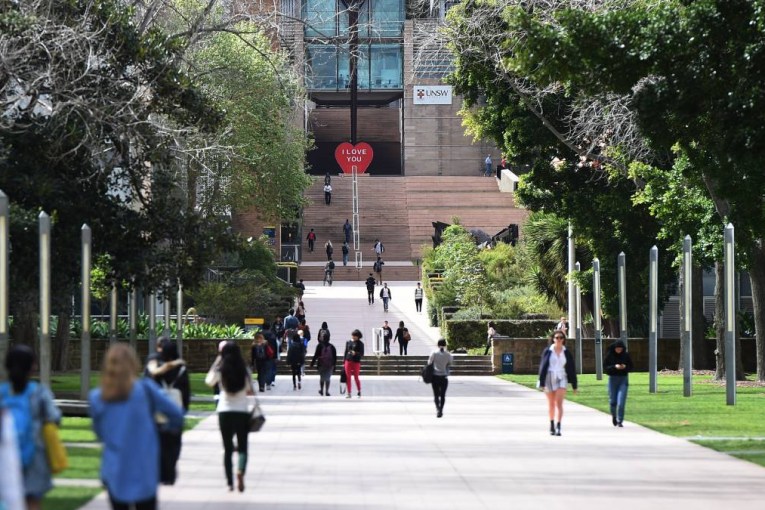What the coming 5G revolution means to you, your phone and the way we live

No matter how much you love it, your current phone won't work when 5G takes over. Photo: Getty
The race is on to roll out 5G for mobile users but let’s get a few things straight — it’s not like this technology will magically turn the phone in your pocket into a super-fast wireless wonder gadget overnight.
The nation’s two largest telcos, Optus and Telstra, are leading the globe in 5G, announcing testing of their capabilities on big crowds at the upcoming Commonwealth Games in Queensland with plans to roll out the service to consumers in 2019.
What is 5G?
The two big telcos have talked up what a difference the technology will make for both individual consumers and big business but let’s put the hype aside for a moment and figure out what it actually means for you right now.
5G stands for “fifth generation mobile”. It builds on the current 4G network but promises to deliver higher peak connection speeds and lower latency, or time delays.
5G’s higher connection speeds will be possible thanks to improved radio technologies, increased allocations of radio spectrum and by using many more antenna sites or base stations than today’s networks.
Each antenna will serve a smaller area, or cell.
What does all that mean for me?
Remember that time your text wouldn’t send at the New Year’s Eve fireworks because too many people were using the network, or that dreaded buffering circle you get when trying to stream video at a sports match or music concert?

Stare but no share? If its advocates are correct, more people will move more data more quickly once 5G kicks in. AAP
Well that’s what 5G promises to change by allowing more people to use higher speeds at the same time.
“This should mean we can get faster data speeds on our phones and that more of us can use them at once,” editor-in-chief of consumer website Finder, Angus Kidman, said.
“That is probably the biggest change for most people because if you’re in a crowded environment you learn it doesn’t work very well.

For 5G to meet expectations many more mobile towers and relays will be needed. AAP
“If you’re in a sports stadium or something like that you often find even basic tasks on your phone can seem difficult because if lots of people are using phones at once, then the current 4G network really struggles to cope.”
Driverless cars and smart home devices are also expected to rely on 5G because of its almost-instant speed ability. It’s also tipped to bring big things for business.
“The big change coming with 5G is machines … almost a new industrial revolution will come as a result of 5G,” said Telstra managing director networks, Mike Wright.
“Every time we bring a new technology it involves new types of devices, and in the past that’s been handsets, smartphones and even modems.
“5G will be new versions of those but it will also find its way into devices, into machines, into cars and into sensors.”
So, can I access 5G yet?
No. Firstly, a smartphone compatible with 5G doesn’t exist yet. At the start of the year Telstra’s 5G prototype device was the size of a bar fridge and weighed 200 kilograms. The company has since managed to shrink it to the size of a personal computer.
So it’s still not quite pocket-size. And both Telstra and Optus are still in a trial phase — widespread use of the 5G network isn’t expected until 2020.

Telstra’s big white 5G box is being shrunk to make the technology more compact, but there is still a long way to go. Photo: Telstra
Telstra claims to have turned on the world’s first precinct of 5G-enabled wi-fi hotspots on the Gold Coast.
Does that mean I’m going to be using 5G at the Games? Well, not really.
The trial isn’t giving locals a true flavour of just how fast 5G will be because 5G is only really being used to move data around in the background transmission systems.
What’s all the hype about?
“Wi-fi has limited throughput so a single hotspot alone cannot come close to reaching the limits of 5G at our innovation centre,” Telstra’s Mike Wright said.
“By using multiple hotspots with potentially hundreds of smartphone users served through a single 5G device, we are able to get closer to demonstrating 5G in a real-world environment”, he said.
Experts say in essence, it’s just giving people free wi-fi while Telstra tests how its prototype system works when lots of people access it in a small, contained environment at the same time.
Rival telco Optus will showcase its 5G technology at the Games, allowing visitors to use it to play sport real-time in virtual reality and by remote controlling robots.
Will I need a new phone?
Yes. That’s because upgrading to the next generation isn’t as simple as a software update, the phone is set up differently.
“Phones don’t do easy upgrades, with a computer it was always easier to change some bits out and add extra capability in,” Mr Kidman said.
“But because we like our phone to be compact and tightly designed it tends to be very, very integrated so it’s going to require slightly different circuitry”, he said.

ZTE is among the first hardware outfits to produce a 5G handset. Photo: ZTE
So, should I hold off on upgrading my phone?
It really depends on your needs. If you’re a big data user relying heavily on fast download speeds then maybe, but if you’re an average consumer, probably not.
Market watchers believe the first 5G compatible handsets are still around a year away.
“I’m a tragic geek, I might upgrade to get onto 5G but I don’t think the average consumer is going to what to do that and I don’t think that should be the sole reason anyone should be holding off on buying another device, it would be just one more feature on the device to think about,” Mr Kidman said.
“I think after 2020, if you’re buying a new phone, you’d want to make sure it had 5G support, until we hit that point it’s not going to matter that much,” he said.
-ABC







